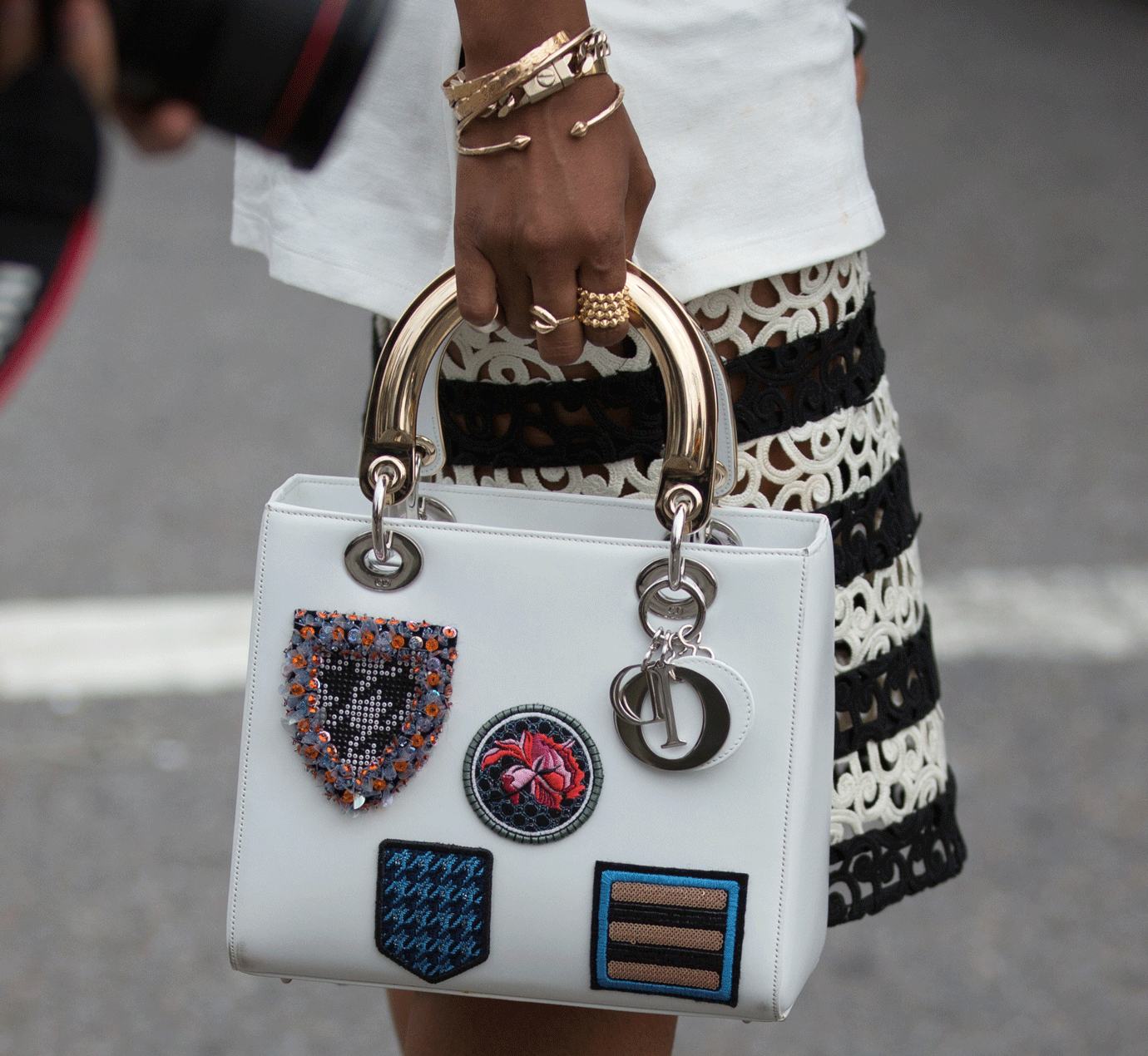Renovating a rented apartment can be a challenge, especially in a fast-paced city like Dubai, where rental agreements and tenant laws are often strict. Many tenants dive into upgrades without fully understanding the legal and practical hurdles they may face.
Before starting an apartment renovation in Dubai, it’s crucial to be aware of what changes are legally allowed and how they might impact your lease. While personalizing your space can certainly make it more enjoyable, failing to adhere to the rules could lead to penalties.
Therefore, knowing which improvements are both practical and permissible is key to making the renovation process a smooth and rewarding experience. In this article, we’ll break down the key considerations every tenant should know before starting an apartment renovation in Dubai.
Apartment Renovation in Dubai: Essential Guidelines for Tenants
Tenant Rights and Permissions in Dubai
When pursuing an apartment renovation in Dubai, tenants must navigate specific legal frameworks outlined by the Dubai Tenancy Law (No. 26 of 2007). Under this regulation, any modifications—whether structural or cosmetic—require explicit written approval from the landlord.
This isn’t just a recommendation; making changes without permission could result in legal consequences, including fines or even early termination of the lease. A key step before planning renovations is to closely review your tenancy contract, as each agreement may have different terms regarding permissible changes.
Landlords hold the final authority and can set specific conditions, or even deny requests if they believe the renovations might affect the property’s value or structural integrity. By securing proper permissions upfront, tenants can avoid potential disputes and financial losses, ensuring a smoother and more compliant renovation process.
Repairs and Maintenance within Tenant Responsibilities
In Dubai, tenants have a clear responsibility when it comes to maintaining the condition of their rented apartments. While landlords handle major repairs, tenants are expected to manage smaller issues like replacing light bulbs, fixing leaky taps, or dealing with blocked drains.
These minor repairs help keep the property in good shape, which is crucial, as any negligence can lead to further damage. If damage occurs because of the tenant’s actions—or those of their guests—the tenant is responsible for fixing it. This can include anything from damaged walls to broken fixtures, and failure to address these issues could result in deductions from the security deposit.
While apartment renovation in Dubai generally requires landlord approval, tenants must ensure they return the apartment to its original condition by the end of their lease. Staying proactive by reporting urgent issues helps prevent costly repairs down the line, ensuring a smooth tenancy and avoiding penalties.
Protecting Your Security Deposit: How to Avoid Common Tenant Mistakes
Protecting your security deposit at the end of your lease requires more than just following basic maintenance guidelines. One common mistake tenants make is failing to document the condition of the apartment when they first move in. Conducting a thorough inspection and taking photos of any pre-existing damage can serve as crucial evidence when you vacate.
Additionally, it’s essential to address any minor issues, such as loose door handles or small leaks, before they escalate. Neglecting these small repairs could result in larger problems that landlords may attribute to tenant negligence.
Another key tip is to avoid using adhesives or nails that might damage walls. Instead, opt for damage-free hanging solutions or removable decor to personalize your space. Finally, always communicate any repair needs to your landlord in writing to ensure there’s a clear record of your efforts to maintain the property. These proactive steps can help safeguard your deposit.
Maximizing Income: Subleasing on Airbnb with Smart Upgrades
Tenants in Dubai looking to boost income through platforms like Airbnb can do so legally, but there are specific requirements to follow. First, tenants must obtain a no-objection certificate from their landlord, explicitly permitting the property to be subleased as a holiday home.
Once approved, the tenant must register the property with Dubai’s Department of Tourism and Commerce Marketing (DTCM) and comply with ongoing regulations, such as guest check-ins and the collection of the Tourism Dirham Fee.
While major renovations are typically off-limits, subtle upgrades like modernizing furniture, enhancing the décor, or improving the overall appeal can make the space more attractive to potential short-term renters.
This attention to detail, combined with maintaining DTCM’s health and safety standards, can help tenants command higher rental rates. By adhering to these rules and making strategic improvements, tenants can create a lucrative income stream while staying within legal limits.
Apartment Renovation in Dubai: Enhancing Living Spaces and Opportunities
Undertaking an apartment renovation in Dubai as a tenant may seem restrictive, but it offers opportunities beyond just updating a space. Each decision you make, whether addressing minor repairs or enhancing the aesthetic, shapes not only your living experience but also your relationship with the property.
By understanding your rights, taking care of responsibilities, and following legal guidelines, you create a space that feels uniquely yours without overstepping boundaries. Moreover, smart upgrades open doors to potential income, especially if you’re considering platforms like Airbnb. It’s not just about complying with rules; it’s about making the most of the flexibility that comes with renting in Dubai.
With every improvement, you invest in both the present comfort and future possibilities of your apartment. Ultimately, an informed approach to renovation creates value, personal satisfaction, and financial opportunity for any tenant willing to take the right steps.












